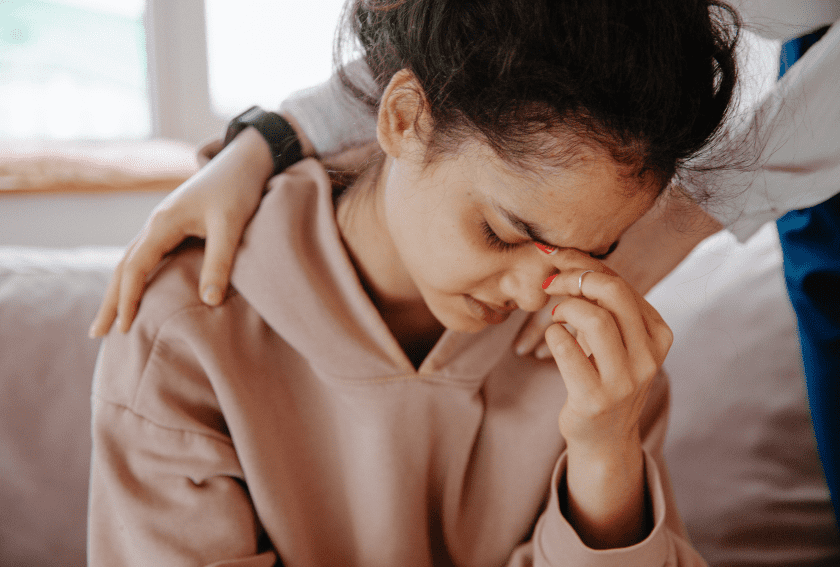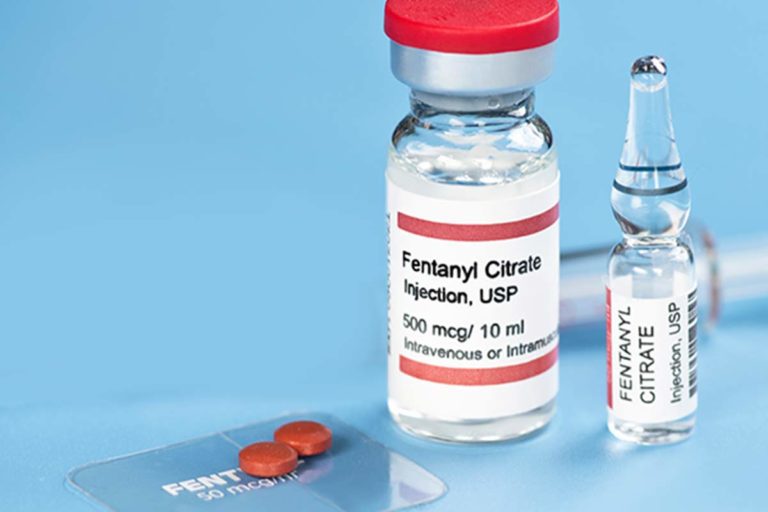Anorexia is a serious eating disorder that results in an extreme loss of appetite and significant weight loss. It is a common eating disorder that affects women more than men. It can affect people of any socioeconomic or racial group and in any part of the world.
Anorexia nervosa is the third most commonly diagnosed eating disorder. However, it is often underdiagnosed and therefore underreported. Anorexia affects people of all ages, from teenagers to adults. However, the number of cases among school-aged children has increased in recent years. This article will discuss the symptoms of anorexia, how to recognize the disorder, and how to treat it.
What is Anorexia Nervosa?
Anorexia nervosa is a chronic illness that can be fatal if left untreated. It is a mental disorder characterized by very low body weight and persistent fear of gaining weight. The word “anorexia” comes from the Greek word “anōr” which means “ without appetite “. The diagnostic criteria for anorexia nervosa are a self-report of low body weight and consistent, persistent fear of gaining weight.
Other diagnostic criteria include a recognition of the low body weight, the denial of the low body weight, and the absence of medical conditions that could cause a low body weight. The pathogenesis of anorexia nervosa is complex but may be due to a combination of biological, psychological, and social factors.
The Symptoms of Anorexia Nervosa
The core feature of anorexia is a significantly low body weight for one’s age and sex. The body weight is not less than 85% of what it should be in order to maintain good health. Other symptoms may include a lack of appetite, insomnia, irritability, and fatigue. Some people with anorexia nervosa may also experience hair loss, broken veins in the legs, and frequent urination.
People with anorexia nervosa may feel guilty if they do not follow their low body weight. They may also fear that they are fat, have a medical condition that will cause them to be fat (such as heart disease or diabetes), or are ugly if they are not thin. People with anorexia may also fear gaining weight because they associate it with emotions such as embarrassment, frustration, and shame.
How to Treat Anorexia
The core feature of anorexia is a significantly low body weight for one’s age and sex. Although many people with anorexia will seek help on their own, it can be a deadly condition that requires professional treatment. Treatment for anorexia is often a combination of psychotherapy, antidepressant medication, and sometimes, a nutritional supplement.
Prolonged Nutritional Deficiency
The symptoms of anorexia can be the result of a prolonged nutritional deficiency. Nutritional deficiencies are often due to poor eating habits, low socioeconomic status, or a combination of both. The three main nutritional deficiencies associated with anorexia are iron deficiency, Vitamin B12 deficiency, and Vitamin D deficiency.
Iron and Vitamin B12 are often overlooked as causes of anorexia. However, they can cause the same symptoms as anorexia. Vitamin D deficiency, on the other hand, is more common among people with anorexia and is often undiagnosed. Vitamin D deficiency can cause the same symptoms as anorexia: low appetite, weight loss, fatigue, weakness, muscle pain, and bone pain.
Other Risk Factors for Anorexia
Other risk factors for anorexia include a family history of anorexia, negative body image, mood disorders, anxiety disorders, and depression. People with anorexia may also think that their low body weight is their “normal” or “natural” weight. This may lead them to conclude that they do not need to eat in order to be healthy. People with these risk factors should seek professional help as soon as possible.
How to Recover from Anorexia
People with anorexia should seek professional help as soon as possible. Without treatment, anorexia can be fatal. The sooner anorexia is diagnosed and treated, the better the prognosis. Anorexia is a chronic illness that requires lifelong treatment.
Conclusion
Anorexia is a serious eating disorder that results in an extreme loss of appetite and significant weight loss. It is a common eating disorder that affects women more than men. It can affect people of any socioeconomic or racial group and in any part of the world. Anorexia nervosa is the third most commonly diagnosed eating disorder. However, it is often underdiagnosed and therefore underreported. Anorexia affects people of all ages, from teenagers to adults. However, the number of cases among school-aged children has increased in recent years. This article will discuss the symptoms of anorexia, how to recognize the disorder, and how to treat it.
Knoxville Recovery Is Here For You
Eating disorders can affect anyone. If you or a loved one are currently struggling with this, help is available! We encourage you to reach out to the professionals at Knoxville Recovery Center to learn more about our personalized treatment programs and mental health services. Knoxville Recovery Center was founded from firsthand experience of addiction and recovery, with a mission of providing a space where people can heal from addiction and other disorders in a compassionate, creative, open-minded, and heart-centered environment. We believe recovery is always possible. Our experts work with you to design a treatment plan that fits your needs. Common treatment programs include:
- Intensive Outpatient Programs (IOP)
- On-site Detox
- Full-time Addiction Treatment on campus
- Mental Health Treatment
- Aftercare Services
Contact us today for more information about how our programs and services can help you get your life back on track. You no longer have to struggle with an eating disorder on your own. We are here to help.











